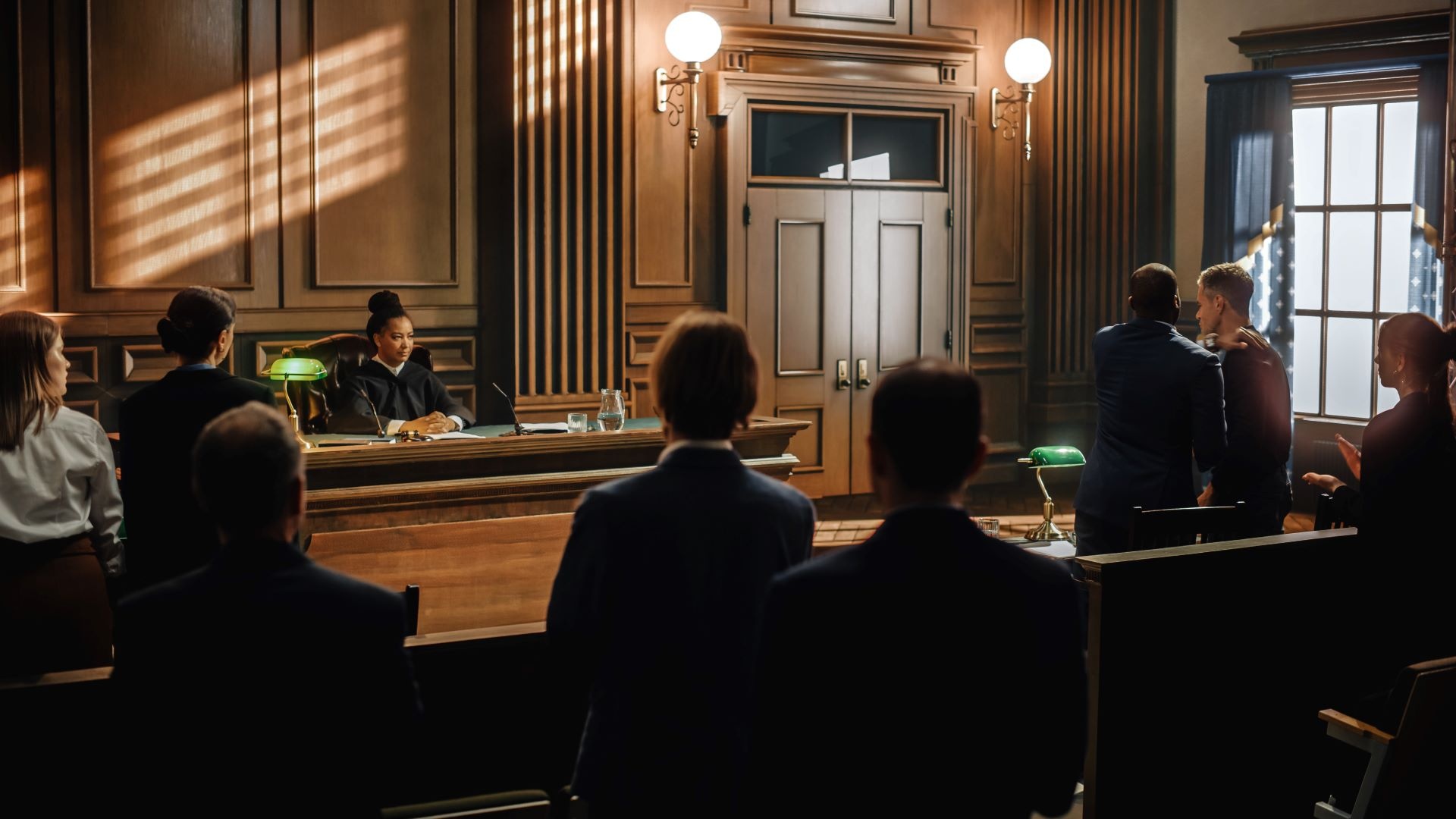The nearly two dozen cities and states that have filed cases against oil companies for allegedly deceitful practices have found an unlikely ally — the Supreme Court of the United States (SCOTUS).
In late April, SCOTUS rejected petitions from several large oil companies, including Chevron, Shell, and BP, to move the cases from state courts to federal courts, as Grist reports. This means these oil companies may face impending jury trials in their respective states rather than on a federal stage.
"It's the industry's worst nightmare to have to explain their lies in front of a jury," Richard Wiles, president of The Center for Environmental Integrity, told Grist.
The lawsuits, some of which were filed as far back as 2017, claim that oil, coal, and gas companies violated state consumer protection laws and purposely deceived the public about the dangers of increasing global temperatures and their role in the crisis. One of the most pertinent offenders, Exxon, began its own research on the issue in the 1970s, only to vehemently deny the problem in the following decades.
Although SCOTUS's decision for states to control this decision may seem esoteric, it speaks volumes about the potential for smaller communities to hold corporations accountable when it comes to environmental damage. It also opens up the next step in the legal process, "discovery," in which both sides seek information to solidify their respective cases.
The discovery process could uncover more information that the oil and gas industry has sought to hide from the public eye for decades.
Depending on the results of the inquiry, the companies may face jury trials across multiple states. As Grist reports, settlements could involve the companies sharing documents in the public interest, as was done following settlements from big tobacco and opioid companies.
"After decades of climate change deception by the fossil fuel defendants, and now nearly half a decade of delay tactics in our lawsuit to hold them accountable for it, our residents, workers, businesses, and taxpayers are ready for their day in court," Rhode Island Attorney General Peter Neronha, whose state has filed one of the many lawsuits, told E&E News.
Join our free newsletter for cool news and actionable info that makes it easy to help yourself while helping the planet.









